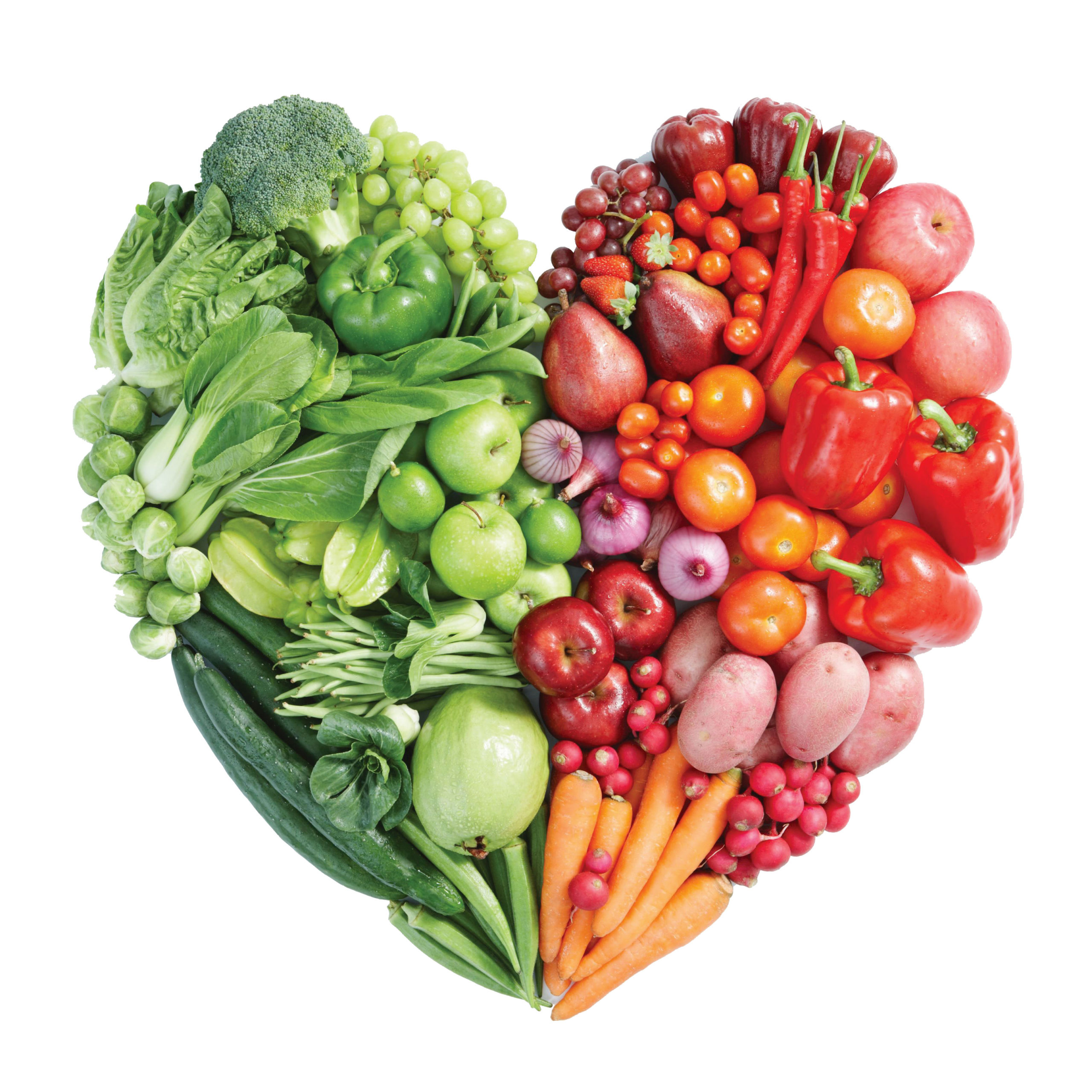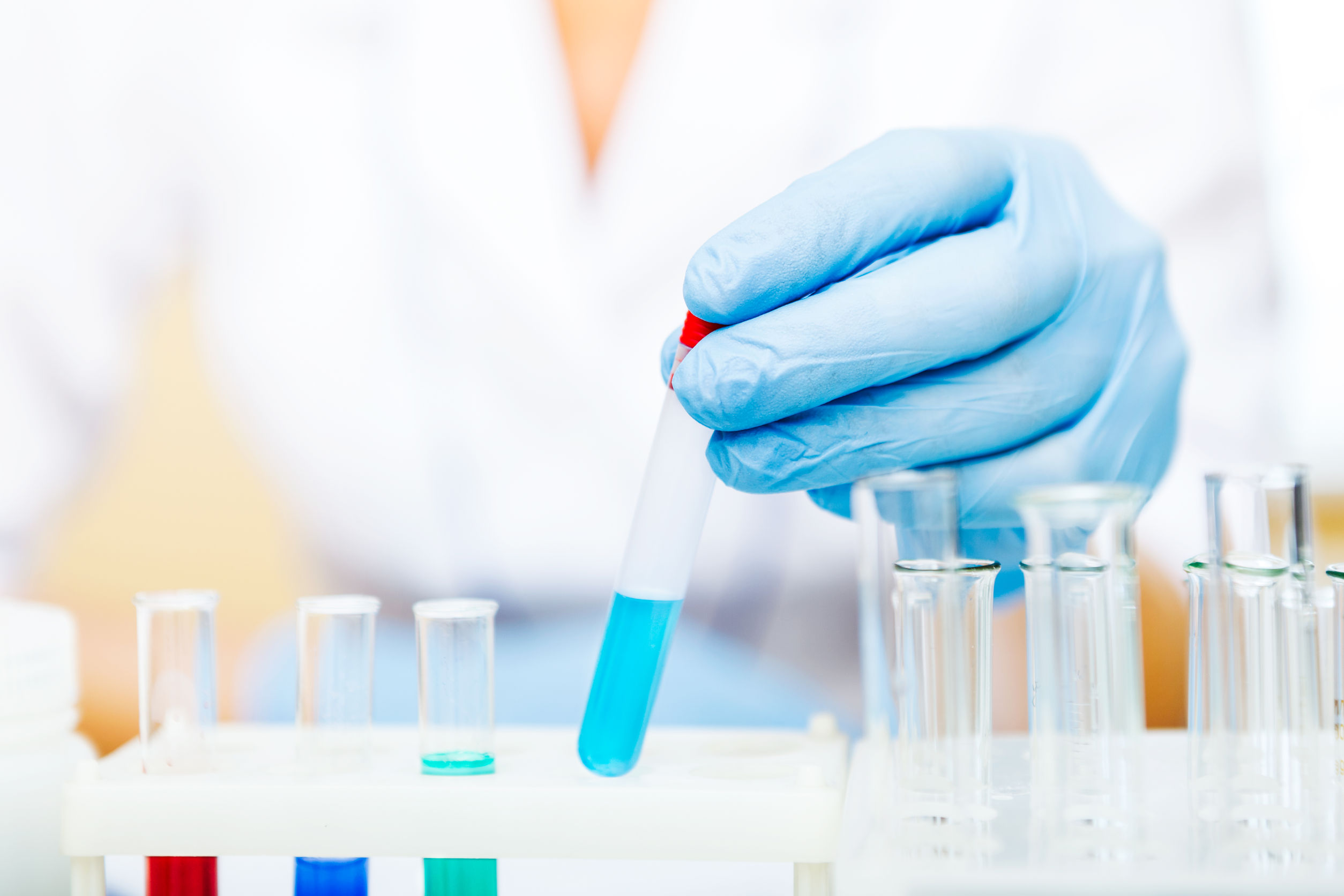Your Plan of Action – the natural approach
Talk to you doctor and don’t put everything down to the menopause, there could be something else going on
Adopt a well balanced diet, eating regularly and reducing stimulants like sugar and caffeine
Add phytoestrogens to your diet in fermented soy, flaxseeds and pulses
Think about your bone health
Consider healthy ageing including heart health and breast cancer risk
Certain supplements and particularly herbs may be very useful in reducing symptoms
Do not take herbs without supervision
Best Test options: Hormonal analysis, Functional Nutritional Profile
Each woman has a supply of eggs (approximately 2 million) from the moment she is born and over the years they are used up and die off. She finally reaches a certain age when there simply aren’t any more. What the body does then to try to get that woman to ovulate is to release the hormone FSH. This hormone is released every month in a normal cycle but during the menopause, a woman’s body registered that ovulation is not taking place, so even more FSH is pumped out.
The interesting thing is that as the ovaries decline their production of oestrogen, we are also able to produce a form of oestrogen (called oestrone) from our adrenal glands in order to compensate for the decline from the ovaries.
We also produce oestrogen from fat cells, so being ultra-slim will not have health benefits in the long run, particularly if you are going through menopause. Overweight isn’t the answer either, but from an oestrogen-production point of view, you are better off being slightly overweight than too slim.
What are the symptoms?
These vary from woman to woman. Some women sail though the menopause without any symptoms and the only thing they notice is that their periods have stopped. Some of the women we see in clinic report being completely drenched in sweat day and night, and getting up to change their night clothes two or three times a night, or even taking a shower in the middle of the night.
Symptoms of the menopause can include hot flushes, night sweats, vaginal dryness, mood swings, declining libido, osteoporosis, ageing skin, lack of energy, joint pains, weight gain, headaches and changes in hair quality. Interestingly, men also experience a lot of these symptoms, with irritability, a declining libido, changes in weight, ageing skin and hair, depression and anxiety. These symptoms are apparently part of the Western ageing process for both men and women, so it’s important not to blame every symptom that you experience on the menopause. Can Nutrition Help? Your diet at this time can significantly affect the severity of your symptoms. We have excellent success with patients in our clinic suffering from the menopause – we just wish that more people knew they didn’t have to put up with these symptoms. Ideally we would begin preparing for the menopause before it begins by adopting a healthy diet and lifestyle to help ease into the change. Eating a diet low in sugar and stimulants like caffeine may help reduce symptoms such as hot flashes and sweats, often brought on by perceived stress. Supplements and herbs can be very beneficial in the short term until your hormones are balanced. Phytoestrogens Scientists have begun to study the benefits of a group of plant hormones known as phytoestrogens. These hormones naturally occur in certain foods such as soya. Soya contains two flavonoids, genistein and daidzein, and studies have shown that they are chemically similar to Tamoxifen, which is the drug used to prevent a recurrence of breast cancer. These very weak plant oestrogens latch on to the oestrogen receptors in the breast and they stop the more powerful carcinogenic oestrogens getting through. So they have a protective effect, as well as helping to balance hormones, which are responsible for menopausal symptoms such as hot flushes. Phytoestrogens have also been studied extensively for their effect on lowering cholesterol, so they can have protective effects in terms of heart disease, which is important around the menopause. Phytoestrogens can include soya (fermented is best), hops, dandelion, red clover, sage, alfalfa, flaxseeds and pulses such as chickpeas and lentils. Vitamin E This is an important vitamin to consider at the menopause. Over many years, clinical studies have shown its effect on reducing hot flushes. Vitamin E is also helpful for vaginal dryness and one study showed that just 400iu taken daily for between 1 and 4 months helped 50 percent of the women given supplemental vitamin E. Although most women fear breast cancer, our biggest killer is heart disease. There is now such a wealth of information on the beneficial effects of nutrition on heart disease and unfortunately HRT has been shown to increase the risk of heart attacks and strokes. A study published in the Lancet showed that 2000 patients with arteriosclerosis (fatty deposits in the arteries) had a 75 percent reduction in their risk of heart attack when given vitamin E. At the time, researchers claimed that vitamin E was even more effective than aspirin in reducing heart attacks. B Vitamins These are called the ‘stress’ vitamins because they are enormously beneficial when you are under a great deal of pressure. Symptoms of B-vitamin deficiency include anxiety, tension, irritability and poor concentration. Therefore, supplementing them in the form of a good B-complex supplement can be useful if you have any of these symptoms of stress. During the menopause it is extremely important to support the adrenal glands, which will be called into action to produce oestrogen. If they are under a lot of stress, they may not be able to produce as much oestrogen. B vitamins can also be useful if you are suffering from reduced energy levels. B vitamins are found in a diverse range of foods but include wholegrains, pulses and leafy greens are good sources. Omega-3 Signs of an omega-3 fatty acid deficiency can include dry skin, lifeless hair, cracked nails, fatigue, depression, dry eyes, lack of motivation, aching joints, difficulty in losing weight, forgetfulness, breast pain – all symptoms that could be ‘blamed’ on the menopause. A diet high in omega-3 can help keep you feeling more supple and lubricated, helping symptoms including vaginal dryness. In a ‘Western Diet’, we do not get enough omega-3 in our diet. Eating at least two portions per week of oily fish is recommended. If you do not eat fish, a supplement containing over 500mg of each of EPA and DHA is useful. Many women attending our clinic have been taking evening primrose oil supplements, an omega-6 fatty acid, for years and have not been eating enough omega-3 oils, or taking them in supplement form, to counterbalance this. Some women are also taking combinations such as omega-3, -6, and -9 in supplement form because they have heard that we need a good balance of all the omega fatty acids. This is true, but you have to take into account what your own levels may be in the first place. It is much more common that we already have high levels of omega-6 which is found in processed foods, ready meals but also other foods like meats, breads, spreads and anything that contains or is cooked in oil. While evening primrose oil can be useful for hormonally driven breast tenderness, omega-6 oils have the potential to produce pro-inflammatory signals and should be balanced with omega-3 also. Magnesium and Calcium Magnesium and calcium are important minerals for your bones at the menopause so it is important that you have enough in your body. Read more about osteoporosis to support your bone health. Magnesium is also known as ‘nature’s tranquilliser’, so it will help with symptoms such as anxiety, irritability and other mood changes. The best source of magnesium is nuts and seeds but also wholegrains, pulses and leafy green vegetables. We also need calcium for healthy heart rhythm, blood pressure, normal blood clotting, muscle contraction and relaxation and proper functioning of the nervous system. Vitamin D We know that Vitamin D is required for calcium absorption, but it also plays many other important roles including prevention of cancer, especially breast cancer, heart disease, Type 2 diabetes and osteoporosis. As well as all of these benefits, it is now thought that having good levels of vitamin D can help slow down the ageing process and low levels have been implicated in autoimmune diseases such as rheumatoid arthritis, lupus and inflammatory bowel disease. Herbs Herbal formulations can be very effective at reducing the symptoms of the menopause. Sage is a popular choice and is helpful in controlling both hot flushes and night sweats. This can easily be used as a tea. Agnus Castus (Vitex/ Chasteberry) is classed as an adaptogen as it has a balancing effect on your hormones. This is particularly helpful in the perimenopause years because your hormones can be fluctuating widely and this herb helps to create a kind of stability. It is also the best herb to take if you are getting mood swings, anxiety and tension. It is not used where there is a history of breast cancer. Other herbal formulations may be safer. Herbal formulations of combined herbs that work synergistically can also be effective in hormonal balance. We work with herbalist and pharmacist Niamh Boden to support our patients. Please note that herbs should not be used when taking hormonal medications including HRT. Many other medications are also contraindicated. Use of herbs must be appropriately supervised. Tests A hormonal analysis (urine) can identify hormonal imbalances which might causing imbalance whether you are peri or post menopause. This test will also look at how you are metabolising (breaking down) your hormones which is important in breast cancer prevention and also look at whether stress is a big feature for you in hormonal health. Do you want to know more about exactly what vitamins and minerals you need? Our Functional Nutritional Profile (blood) can help you to find out what you are deficient in so that you can restore yourself to balance.
Certain tests may be carried out by your GP. We can liaise with your doctor to provide nutritional support.
Where to start?
A good first step is to ask your GP to measure your FSH and oestrogen levels. Symptoms of the menopause are as mentioned, sometimes part of the natural ageing process but also can be very easily disguised symptoms of a thyroid condition or stress and anxiety disorders.
Adopt a well-balanced diet to support your symptoms. Take a good B complex or multinutrient and consider getting advice on herbal formulations. If you need further support or tailored advice, it would be helpful to request an appointment with one of our qualified team.



